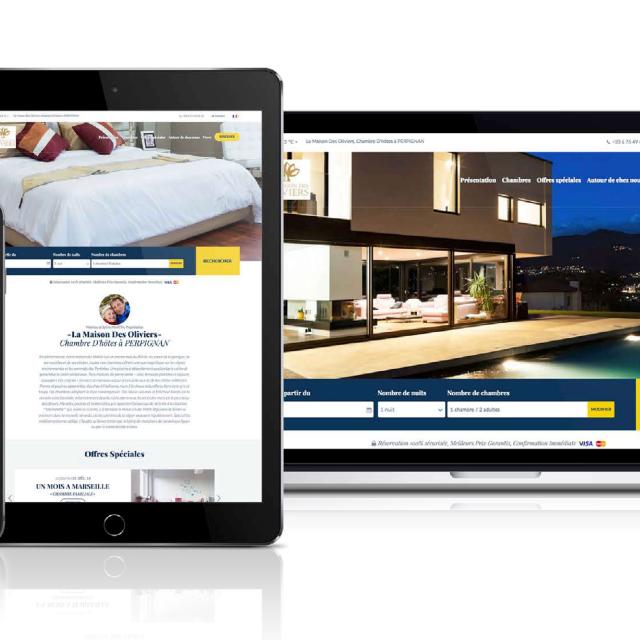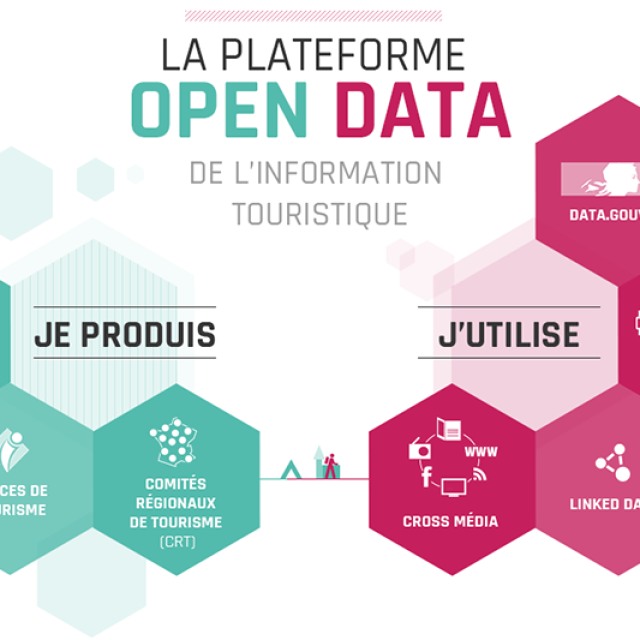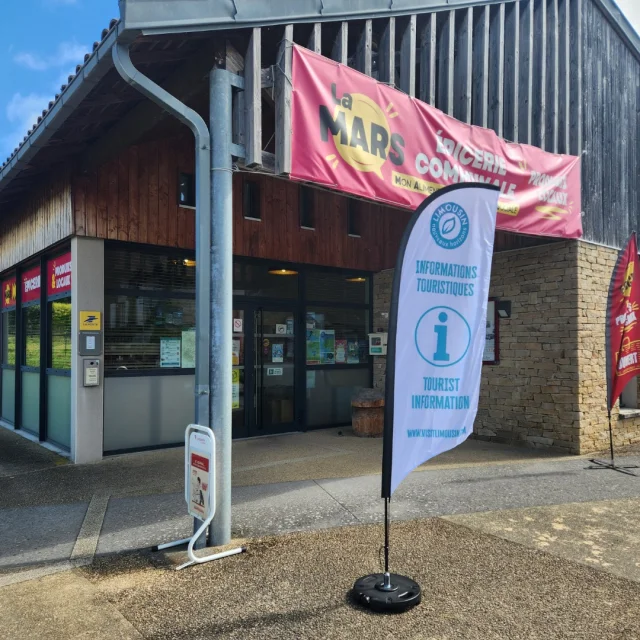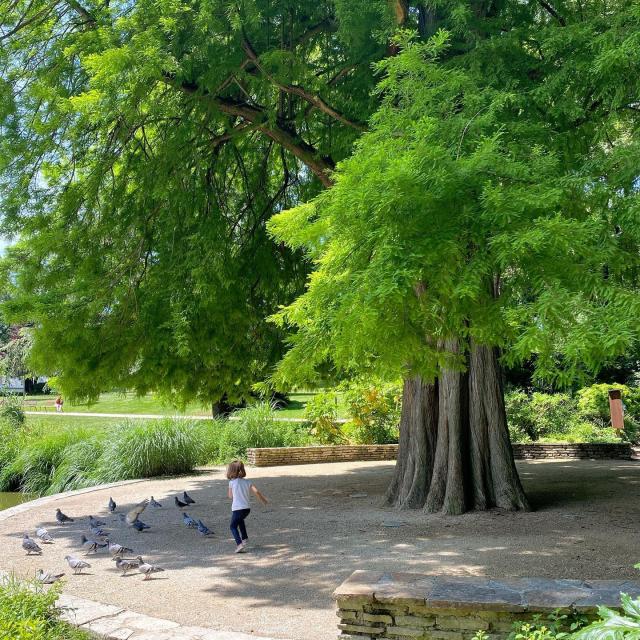The Fonds du Tourisme Durable, a tool for financing the ecological transition of the tourism and catering industries.
The Sustainable Tourism Fund, set up as part of France Relance and supported by ADEME, aims to provide financial assistance to tourism and catering professionals as they make the ecological transition.
In addition to reducing the environmental impact of your business, these investments help control fixed costs in terms of energy consumption, water and other raw materials, as well as waste production.
Eligibility requirements.
This scheme is open to all small and medium-sized businesses, whatever their legal form (SAS, SCOP, association loi 1901…), located in rural areas and involved in one of the following activities:
- traditional catering,
- catering services for events,
- hotels and similar accommodation,
- camping grounds and parks for caravans or recreational vehicles,
- tourist accommodation and other short-term accommodation,
- other accommodation.
In order to benefit from the Sustainable Tourism Fund, it is necessary to carry out a free environmental diagnosis of the activity, with the help of our referent.
The Sustainable Tourism Fund has been extended until 2024, with changes to the eligibility criteria on July 1, 2022:
- expansion of the geographical scope to include municipalities with fewer than 20,000 inhabitants in all catchment areas, rural municipalities (very sparsely populated, intermediate density and sparsely populated), as defined by INSEE, and the small towns of tomorrow.
- Strands 1 & 2 restaurants & tourist accommodation: no change in eligible NAF codes – targeting VSEs and SMEs in the European sense.
- Strand 3 – emerging forms of tourism, including slow tourism (assistance in obtaining the Accueil Vélo label, bicycle service areas, etc.), scheduled for 2023.
Eligible actions
Assistance is available for investments in various areas, such as communication, energy and water savings, lighting, training in eco-gestures, the fight against food waste, and waste management. They cover part of the costs (maximum 80%) associated with the emergence, maturation and implementation (engineering, investment) of your projects.
The amount of aid requested must exceed €5,000, and can be up to €200,000.
Renovation projects are not eligible, but as of March 2022, investments in insulation (attics, walls, floors, crawl spaces, CMV) are eligible, up to a maximum of 40%.
- application of de minimis rules: de minimis aid will apply to the FTD, i.e. the amount of public aid (ADEME, Region, etc.) may not exceed €200,000 over the last 3 financial years. It should be noted that COVID aid (Solidarity Fund, PGE) will not be included in the de minimis rule. Similarly, the “Insulation” and “Renewable Energies” actions will not be affected by the de minimis rule.
- The subsidy rate for communication and training initiatives will be reduced from 80% to 70%.
- For FTD grants in excess of €18,000, a certificate from a chartered accountant or statutory auditor will be required when closing the FTD file.
- catering and accommodation: combating climate change, comprehensive renovation and air quality, lighting, refrigeration, mobility, circular economy, eco-design, certification.
- insulation and ventilation (possibility of financing SCIs, local authorities, associations); renewable heating and cooling (on projects already underway and new projects; with or without audit).
- electrical equipment: only professional equipment taken into account for tumble dryers; replacement of old fridge units with built-in/removable refrigeration units.
- deletion of washing machines, combined washing machines and dryers, domestic dryers, washing machines and dishwashers.
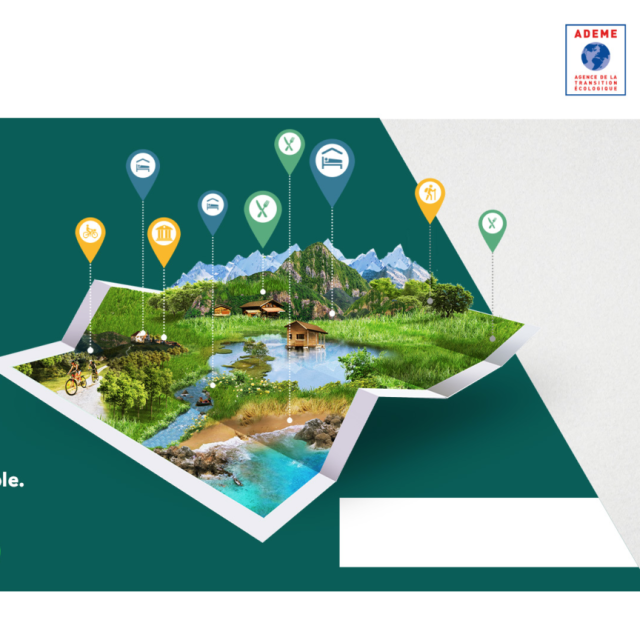 Fonds Tourisme Durable
Fonds Tourisme Durable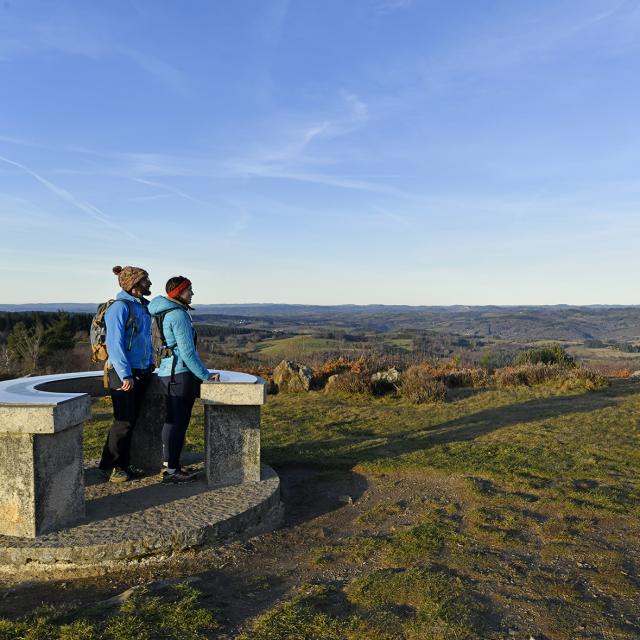 PNR des Millevaches Point de vue Mont Gargan
PNR des Millevaches Point de vue Mont Gargan Pnr Millevaches
Pnr Millevaches
